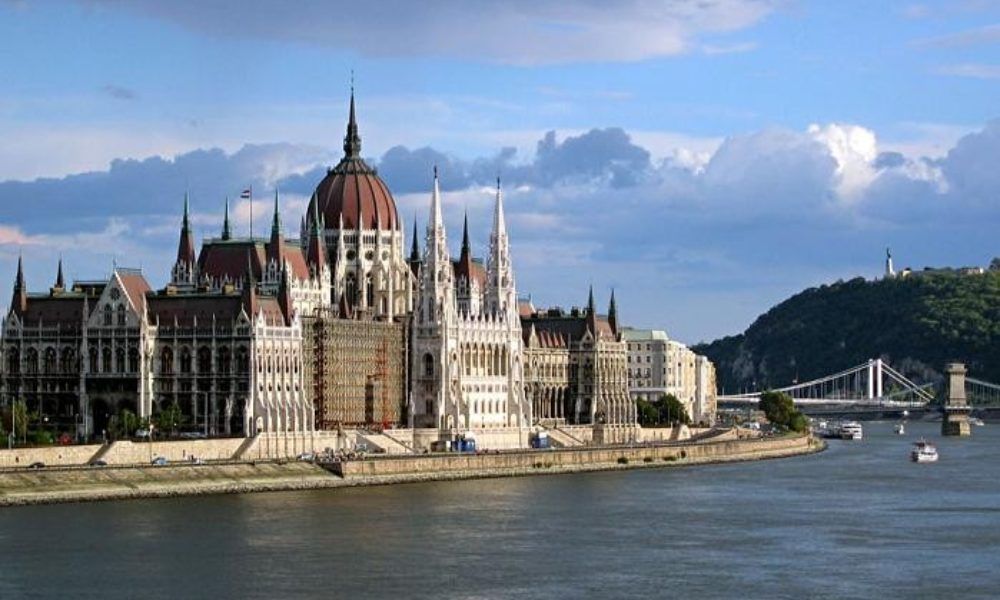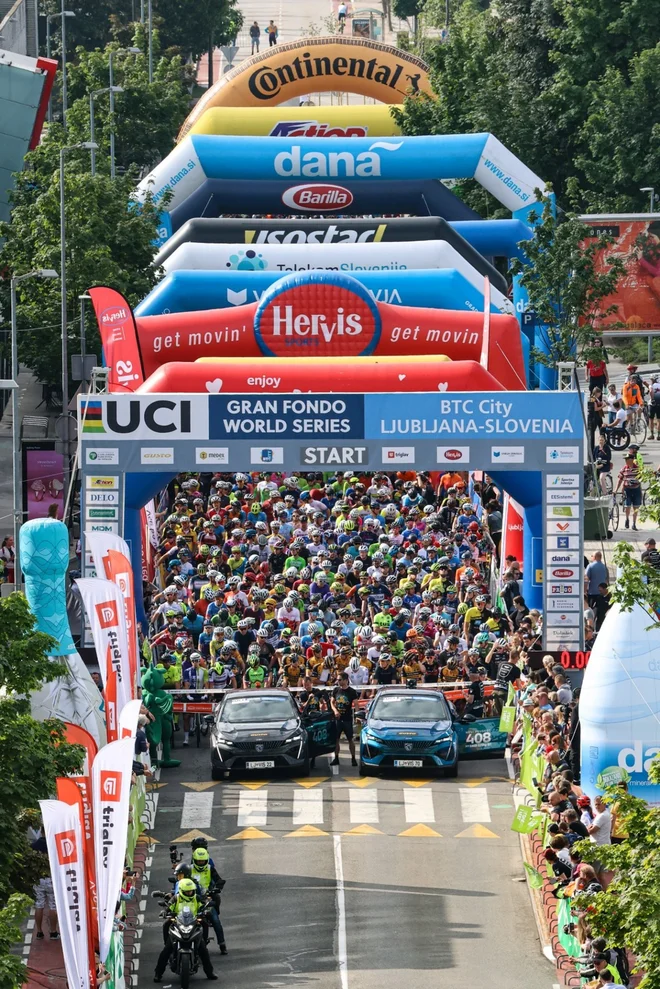Nightlife: Clubs record sales of sales

The hangover threatens the nightlife: many clubs run out of money – now subsidies are supposed to
The turnover at parties has broken down – with constant number of visitors. Now the industry is alarm and hopes for recognition as a culture.
Light on. Usually party nights end with bright neon light. The brightness is intended to drive the remaining night owls into the darkness of the day. Now the party threatens to end, and the light is still missing. Many club operators in Switzerland stand up to the neck.
The sales have broken down dramatically – and that with actually constant number of visitors. Since 2018, partly by up to 40 percent less per guest. This resulted in a survey in Zurich. In other words, a visitor spent an average of around CHF 50 per club night, so there are still 30 francs today. Admission is also included. There are not much more than one or two beer or other drinks in this budget. This is due to the changed drinking behavior and due to the inflation -related purchasing power.
Alexander Bücheli is the media spokesman for the “Bar & Club Commission Zurich” and also sits on the board of the National Club Commission. He does not want to dramatize, but says clearly: « We come to a point that is threatening for many night culture locations. »
« The knife comes closer to the neck »
The per capita turnover has repeatedly changed in wave movements, « now we are now faced with rapidly increasing costs ». Electricity, rent, goods and personnel costs increase, sales drop. In addition, Corona has eaten the reserves away from nightlife. « The knife comes closer and closer to the neck, » says Bücheli. Club death has long been a fact in large cities such as Berlin and London.
To counteract this, the clubs hope for support. Also on state. Hope just smashed. The parliament passed the cultural message until 2028. Almost a billion francs for four years. Club culture does not occur.
Bücheli and his colleagues did not create monetary support from the federal government, but above all wanted the concept of culture to be expanded « by the culture of the night, especially club culture ». « The cultural message is a guide for what is considered worthy of subsistence in Switzerland, » says Bücheli.
Basically, he says, the promotion is a matter for the respective cities. Here he often observes that it is discussed whether a support for club culture is now a matter for cultural or location promotion. National recognition within the framework of the cultural message would have created clarity here.
Promotion for the boys
Bücheli, on the other hand, defends himself to play out individual cultural areas. In Switzerland there is enough money to support the most diverse cultural divisions from opera to theater to clubs and « in view of the importance of culture for social cohesion », it is also well -invested money.
He also emphasizes that it would not be about gigantic sums. « A lot could already be made possible in Zurich with CHF 2 million, » says Bücheli. In Switzerland it would probably be « CHF 10 to 20 million annually », he estimates. It is not about funding according to the casting can principle, but about targeted support for the program, infrastructure, projects and innovations. Basel already knows that.
But are these hedonistic party nights actually worthy of subsidy? Bücheli affirmed. It is a lived culture. A club night is a “total work of art of music, light and the dancing. People meet unknown people in a protected room, become a participatory part of the cultural event »and would experience joint emotions.
« Every club night-whether with club hits or underground tracks-is unique, » says Bücheli. For many young people in particular, clubs are the first points of contact with culture. If you never go to a club, you may not go to a concert restaurant or theater later.
New formats, new uses
Bücheli emphasizes that the local themselves are also challenged. New formats, about two hours of raves during the week, private rentals or increased additional use as gastro companies, can generate new income. However, the means were often missing in order to be able to venture innovations at all.
Also, the clubs could not simply turn the price spiral: «We know that – especially in Zurich – we are already running at the upper border today. If we simply make three francs more expensive, then more young people would be excluded from this culture. »
Every week, hundreds of thousands of people are in clubs and bars in Switzerland, he makes a commercial for night culture. With a strong spotlight on the current problems, it is intended to prevent the lights from going out.






